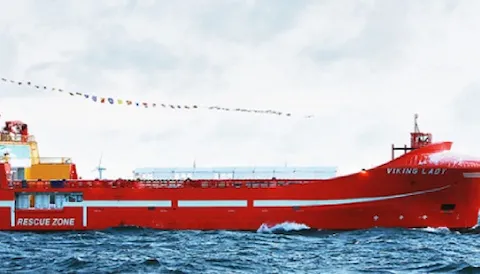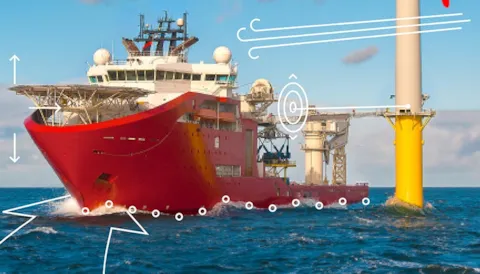Biofuel feasibility
DNV’s biofuel feasibility service helps you in assessing whether your ship or fleet is prepared to operate on biofuels, with the potential impact on GHG compliance cost.
Biofuel feasibility
To comply with increasingly stringent decarbonization regulations, biofuel is a viable alternative. As opposed to other alternatives, biofuels requires limited investment for existing ships. However, biofuels may pose operational challenges that ships need to be prepared to handle.
How can DNV help?
Our biofuel feasibility service can provide you with the following:
- Overview of biofuel types and blends, supply chains along with standards and regulations.
- Overview of potential challenges when operating on biofuels.
- Development of recommended fuel specifications, fuel testing scope and bunkering procedures (incl. documentation requirements).
- Ship specific technical feasibility study covering fuel systems and onboard machinery.
- Development of ship specific biofuel test programs for onboard systems and machinery.
- Ship specific greenhouse gas (GHG) impact study specifically addressing EU ETS and FuelEU Maritime costs, along with future IMO GHG regulations (when agreed). In addition, impact on CII can be included (optional).
What do we offer?
The service will deliver a report that will prepare the ship for safe operation on biofuels which includes the following:
- Biofuel types, potential quality issues, including associated maximum storage times of biofuels.
- Bunkering procedures, required bunker documentation, fuel testing scope.
- Technical issues such as tank selection, fuel system segregation, possible modifications of both systems and machinery such as Main engines, Aux. Engines, Boilers, IGG’s and fuel separators, including impact on e.g. NOx emissions. The asessements will be ship specific based on actual ship drawings and machinery specifications.
- Test programs for ship machinery and systems.
- Impact on GHG emissions and associated costs, including required biofuel usage to stay compliant (optional).
The DNV biofuel service is also considered to meet the requirements to the impact study required by certain Classification Societies’ biofuel-related Class notations.
Related links
Biofuels in Shipping
Download the white paper now to gain valuable insights on biofuels and their potential in shipping today.
Maximizing the potential of biofuels in shipping
Read the article on how DNV analyses an evolving biofuel supply picture, while also providing technical guidance to shipowners planning to use it as a drop-in fuel.
Energy Efficiency report for download
Learn more about energy-efficiency measures and strategies for different ship types
FuelEU Maritime white paper for download
Learn more about the requirements, compliance strategies, and commercial impacts




